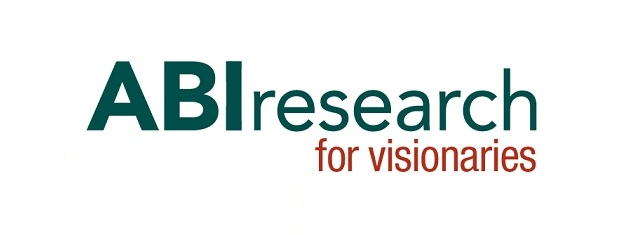Technology
SINGAPORE Beats DUBAI And LONDON to Top Spot In SMART CITY RANKINGS
Highest On All Innovation Criteria

(Source: ABI Research)
USPA NEWS -
Ranked as the Top Smart City, Singapore scores Highest on all Innovation Criteria with a Special focus on Mobility-as-a-Service (MaaS) and Freight-as-a-Service (FaaS) to maintain its Leading Role as a Transportation and Freight Hub with Driverless Taxis, Autonomous Shuttles and Platooning Trials and Projects, according to a New Competitive Assessment Report by ABI Research, a Market-Foresight Advisory Firm providing Strategic Guidance on the Most Compelling Transformative Technologies. Additionally, Singapore's Smart Nation Initiative addresses a Wide Range of Urban Issues linked to High-Density Living.
Ranked as the Top Smart City, Singapore scores Highest on all Innovation Criteria with a Special focus on Mobility-as-a-Service (MaaS) and Freight-as-a-Service (FaaS) to maintain its Leading Role as a Transportation and Freight Hub with Driverless Taxis, Autonomous Shuttles and Platooning Trials and Projects, according to a New Competitive Assessment Report by ABI Research, a Market-Foresight Advisory Firm providing Strategic Guidance on the Most Compelling Transformative Technologies. Additionally, Singapore's Smart Nation Initiative addresses a Wide Range of Urban Issues linked to High-Density Living.
The Smart City Ranking Competitive Assessment ranked 10 Megacities across Developed Regions : New York (United States), Los Angeles (United States), Paris (France), London (United Kingdom), Dubai (United Arab Emirates), Beijing (China), Shanghai (China), Singapore (Singapore), Tokyo (Japan), and Seoul (South Korea) based on ABI Research's Proven Innovation/Implementation Criteria Framework. Each City was analyzed according to their Innovation Programs, Strategies and Implementation Achievements measured through Verifiable Metrics for Congestion, Air Quality, GDP, Crime Rates, and Cost of Living. In Terms of Innovation, Cities are assessed on the Extent of which they are embracing Out-Of-The-Box Thinking and Planning to deploy Disruptive Technologies to Fundamentally address the Issues and Challenges of Megacities of the Future across Areas like Mobility, Transportation, Energy, Education, Healthcare, and Public Services.
London's Third Place is Largely due to its Advanced Open Data Policies enabling a Wider Ecosystem of Smart City Application developers and Start-Ups. It forms Part of a Larger Group of Followers with New York, Paris, Tokyo, Seoul, and Los Angeles engaging in Multiple Smart Cities Programs but often lacks a More Ambitious Vision to adopt Transformative Technologies and Paradigms, usually linked to the Legacy Nature of their Aging Infrastructure. They also Typically Struggle with one or more Implementation Metrics like Crime, Congestion, or Cost of Living.
Somewhat surprisingly, Shanghai and Beijing were assessed as Laggers, coming in at rank 9 and 10 respectively. Despite both Cities' Efforts to deploy Technologies like Smart Meters and Smart Grids, Bike Sharing, Vehicle Electrification, Smart Parking, and Smart Cards, they continue to Face Formidable Issues related to Congestion and Pollution and trail the Other Cities on Economic Development in terms of GDP Per Capita. At the same time, Both Cities have Huge Potential to improve their Ranking in the Future as they continue to evolve their Smart Cities Solutions from Basic Sensor-Centric Technologies to more Advanced Approaches while benefiting from Expertise gained during Trials in Smaller Cities in China.
Source : ABI Research
Ruby BIRD
http://www.portfolio.uspa24.com/
Yasmina BEDDOU
http://www.yasmina-beddou.uspa24.com/
Source : ABI Research
Ruby BIRD
http://www.portfolio.uspa24.com/
Yasmina BEDDOU
http://www.yasmina-beddou.uspa24.com/
Ruby Bird Yasmina Beddou Singapore Dubai London Top Spot Smart City Rankings Highest On All Innovation Criteria
Liability for this article lies with the author, who also holds the copyright. Editorial content from USPA may be quoted on other websites as long as the quote comprises no more than 5% of the entire text, is marked as such and the source is named (via hyperlink).






